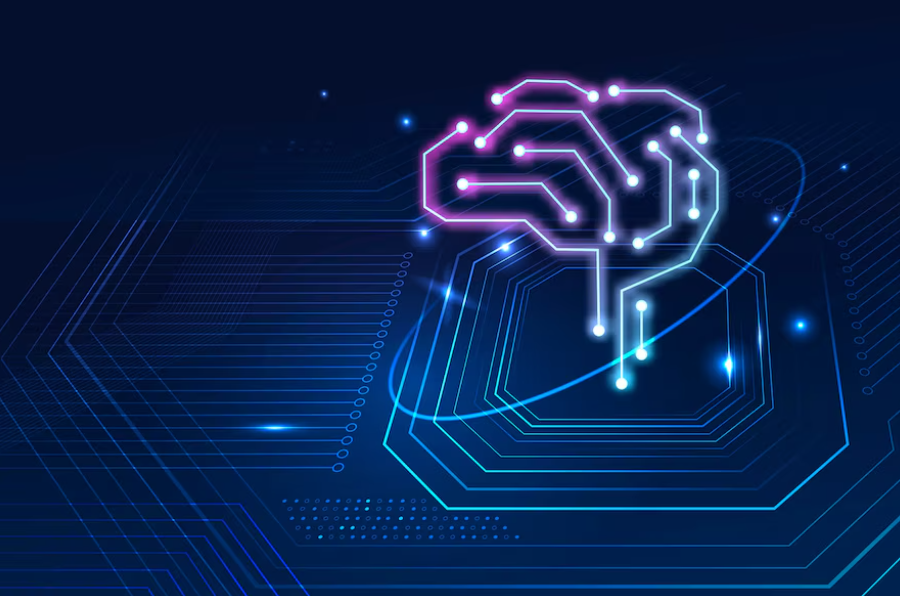Creating a GCC for Data Science & Analytics: India’s Emerging AI Hubs

Strong 8k brings an ultra-HD IPTV experience to your living room and your pocket.
As global enterprises navigate a world driven by data and artificial intelligence, the need to operationalize insights at scale has never been greater. To support this shift, organizations are increasingly setting up Global Capability Centers (GCCs) focused on data science and analytics. These specialized centers not only centralize data-driven capabilities but also accelerate business transformation through innovation, agility, and advanced decision-making.
India, with its deep talent pool, cost-effective ecosystem, and thriving tech infrastructure, has emerged as a strategic hotspot for setting up data-centric GCCs. Cities like Bengaluru, Hyderabad, Pune, and Chennai are no longer just outsourcing destinations—they are fast becoming global AI hubs that fuel enterprise-wide innovation.
Why a GCC for Data Science Makes Strategic Sense
Enterprises across industries are grappling with an overload of raw data and a shortage of insights. A dedicated GCC for data science and analytics helps resolve this imbalance. Instead of working in silos, companies can establish a unified, cross-functional team focused on extracting, interpreting, and applying data insights to solve real business challenges.
A data science GCC provides:
- Centralized analytics and AIGCC capabilities
- Improved data governance and compliance
- Consistency in analytics strategy across geographies
- Faster experimentation with AI/ML models
- Cost efficiency through offshore operations
These benefits make GCCs essential for businesses aiming to become data-first organizations.
Why India Is the Ideal Location for Analytics-Driven GCCs
India has evolved from a support-services hub to a strategic innovation center. Several factors contribute to this transformation:
- Talent Availability: India produces over 250,000 professionals annually in AI, ML, and data analytics.
- Thriving Startup Ecosystem: India ranks among the top five countries for AI startup activity.
- Academic & Research Excellence: Premier institutes like IITs, IIITs, and ISB collaborate on cutting-edge AI research.
- Cost Efficiency: Enterprises can save 40-60% on operational costs without compromising talent quality.
- Tech Infrastructure: High-speed connectivity, cloud adoption, and enterprise-grade co-working spaces make scale seamless.
As a result, major enterprises from industries such as banking, healthcare, retail, and logistics are establishing their GCCs in India with a dedicated focus on analytics.
Planning a Successful GCC Setup in India
A successful gcc setup India for data science and analytics hinges on clarity of purpose and execution. Here’s a framework to guide your approach:
1. Set the Vision:
Define the strategic goals of your GCC. Will it serve as a centralized analytics center, a product R&D hub, or an AI experimentation lab?
2. Location Matters:
- Bengaluru: Ideal for AI and product innovation
- Hyderabad: Suited for enterprise-scale data analytics and cloud
- Pune & Chennai: Known for finance, automation, and manufacturing tech
3. Select an Operating Model:
- COCO (Company-Owned, Company-Operated): Full control, ideal for long-term investments
- BOT (Build-Operate-Transfer): Faster ramp-up, lower initial risk
- Partner-Led or Hybrid Models: Good for shared ownership and flexibility
4. Build the Right Team:
Assemble a mix of data scientists, engineers, product managers, and domain experts. Focus on skills in Python, R, SQL, cloud platforms (AWS, Azure, GCP), and machine learning frameworks.
5. Invest in Tools & Governance:
Build the tech stack around tools like Snowflake, Databricks, Tableau, or Power BI. Establish robust data governance with clear policies for data privacy, lineage, and compliance.
6. Ensure Cross-Functional Integration:
To maximize the impact of your GCC, ensure that analytics initiatives are embedded across business units. This includes marketing, operations, HR, customer service, and product development. A well-integrated data science function supports faster decision-making and alignment across the enterprise.
7. Build a Scalable Architecture:
Choose technologies and infrastructure that are scalable and modular. Use containerized environments, cloud-native services, and data lakes to enable agility and ease of integration with global systems.
Driving Innovation from the India GCC
Your GCC should not only support analytics needs but also drive continuous innovation. This means:
- Enabling AI-led product development
- Automating internal operations
- Partnering with startups and academia
- Running internal hackathons and innovation sprints
- Leveraging synthetic data and simulation for model testing
- Introducing continuous learning programs for AI teams
Encourage a culture where experimentation is welcomed, and failure is treated as a learning path. Innovation is not a one-time event but a continuous loop of discovery, feedback, and improvement.
Future Outlook: India as a Global AI Nerve Center
India’s role in the global AI economy is poised to grow rapidly. With government support for AI adoption (via initiatives like Digital India and National AI Mission) and expanding public-private partnerships, GCCs based in India are expected to lead enterprise AI innovation.
Additionally, the convergence of AI with IoT, blockchain, and 5G technologies will further accelerate the relevance of India-based GCCs. As businesses move toward hyper-automation and intelligent systems, data science GCCs will play a key role in enabling those shifts.
A data-focused GCC in India isn’t just a trend—it’s a long-term asset. When set up strategically, it becomes the cornerstone of enterprise intelligence, turning data into decisions and insights into action.
Conclusion
Setting up a GCC for data science and analytics in India is a strategic investment that delivers on both value and vision. The combination of deep technical talent, innovation-driven culture, and proven delivery models makes India the top destination for global data hubs.
If you're planning a gcc setup in India, this is your moment to transform your enterprise into a data-powered leader—with a future-ready capability center at its core.
By building your GCC with a vision for data-driven transformation, you're not only staying competitive—you're shaping the future of your industry.
Note: IndiBlogHub features both user-submitted and editorial content. We do not verify third-party contributions. Read our Disclaimer and Privacy Policyfor details.







